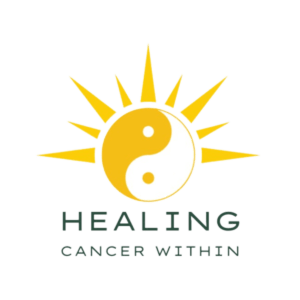The concept of self-healing in the context of cancer is a complex and controversial topic. While the body has remarkable abilities to repair and regenerate, it’s crucial to approach discussions about self-healing with a realistic and evidence-based perspective. It’s important to note that self-healing should complement, not replace, conventional medical treatments.
Here are some aspects to consider:
- Mind-Body Connection:
- The mind-body connection emphasizes the interrelation between mental, emotional, and physical well-being. Practices like meditation, relaxation techniques, and mindfulness may contribute to stress reduction, potentially supporting the body’s overall health.
- Placebo Effect:
- The placebo effect is a well-documented phenomenon where individuals experience improvements in symptoms or overall well-being due to their belief in the efficacy of a treatment, even if the treatment itself has no therapeutic value. While the placebo effect can be powerful, it is not a substitute for evidence-based medical interventions.
- Holistic Approaches:
- Some individuals explore complementary and alternative therapies as part of a holistic approach to self-healing. These may include dietary changes, herbal supplements, acupuncture, and energy healing practices. It’s important to approach these therapies with caution and consult with healthcare professionals to ensure they are safe and do not interfere with conventional treatments.
- Positive Mindset:
- Maintaining a positive mindset and having a strong support system can play a role in coping with cancer. A positive outlook may contribute to overall well-being and quality of life during and after treatment.
- Lifestyle Factors:
- Adopting a healthy lifestyle, including a balanced diet, regular exercise, and sufficient sleep, can positively impact overall health. These factors may support the body’s natural ability to heal and recover.
It’s crucial to emphasize that while the mind and emotions can influence well-being, cancer is a complex disease with biological, genetic, and environmental factors at play. Conventional medical treatments, such as surgery, chemotherapy, and radiation therapy, have a proven track record in addressing cancer.
Patients should always work closely with their healthcare team to develop a comprehensive and evidence-based treatment plan. Open communication about any complementary or alternative therapies being considered is essential to ensure they do not interfere with standard treatments and are safe for the individual.
Promoting a holistic approach to health, which includes both conventional medical interventions and supportive practices that address mental and emotional well-being, can contribute to a more comprehensive and patient-centered care strategy. Always consult with qualified healthcare professionals for personalized guidance based on individual medical circumstances.


